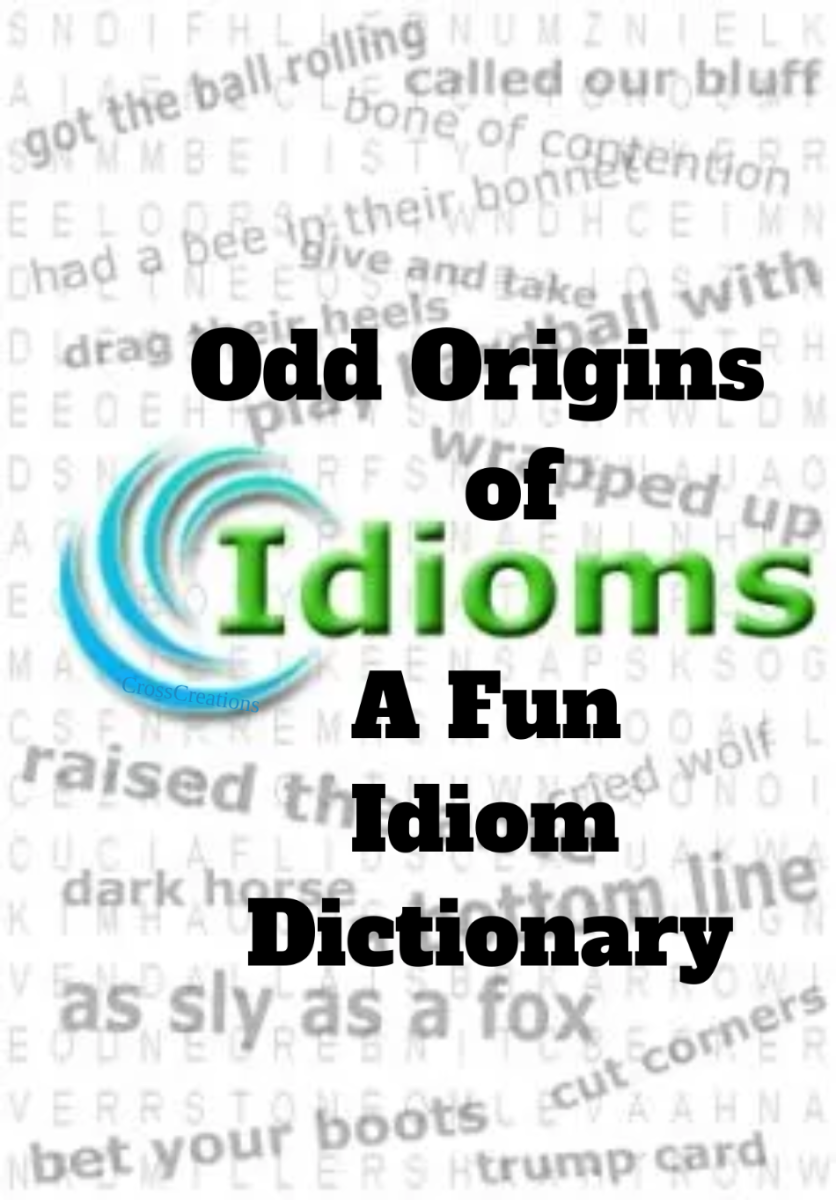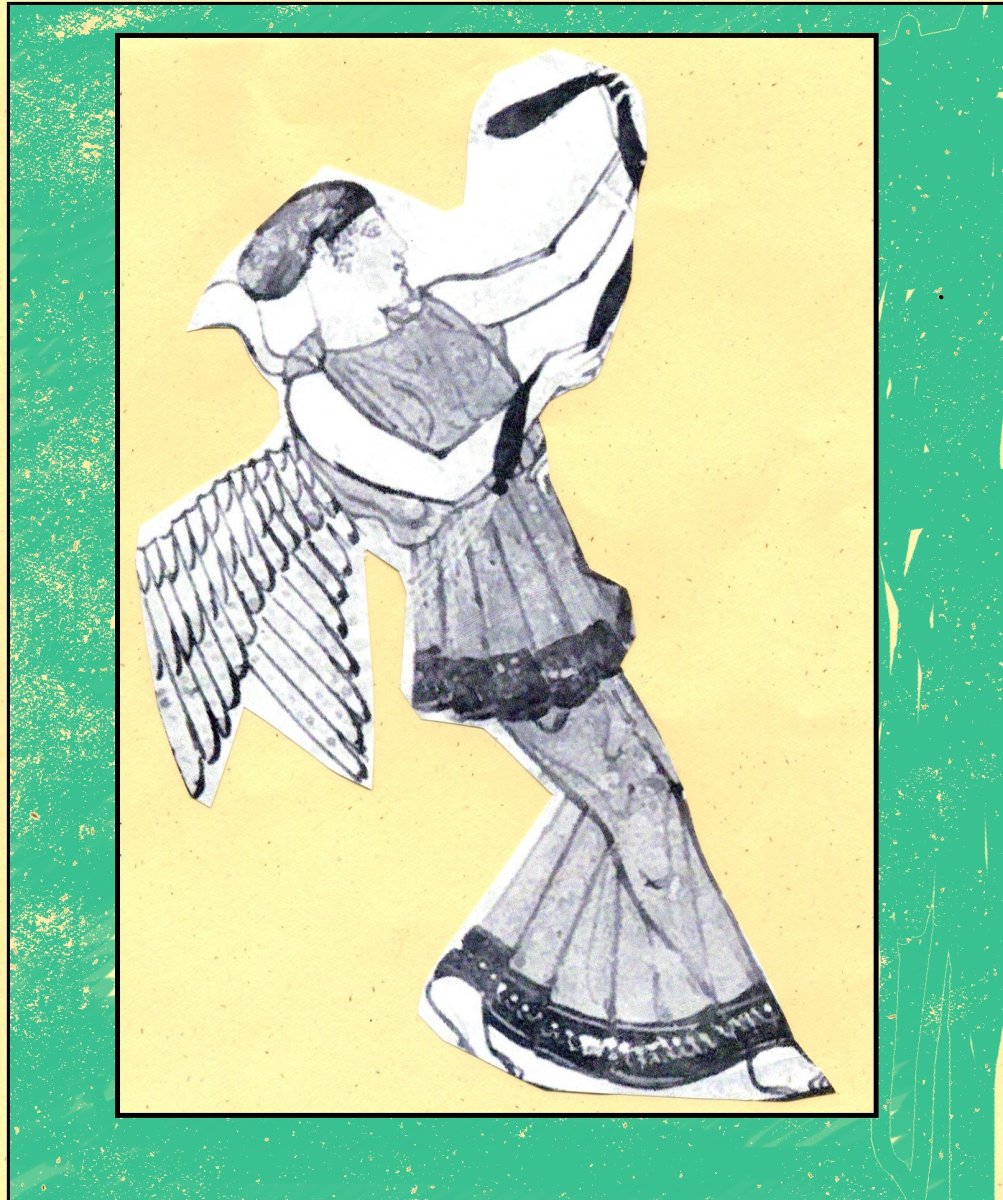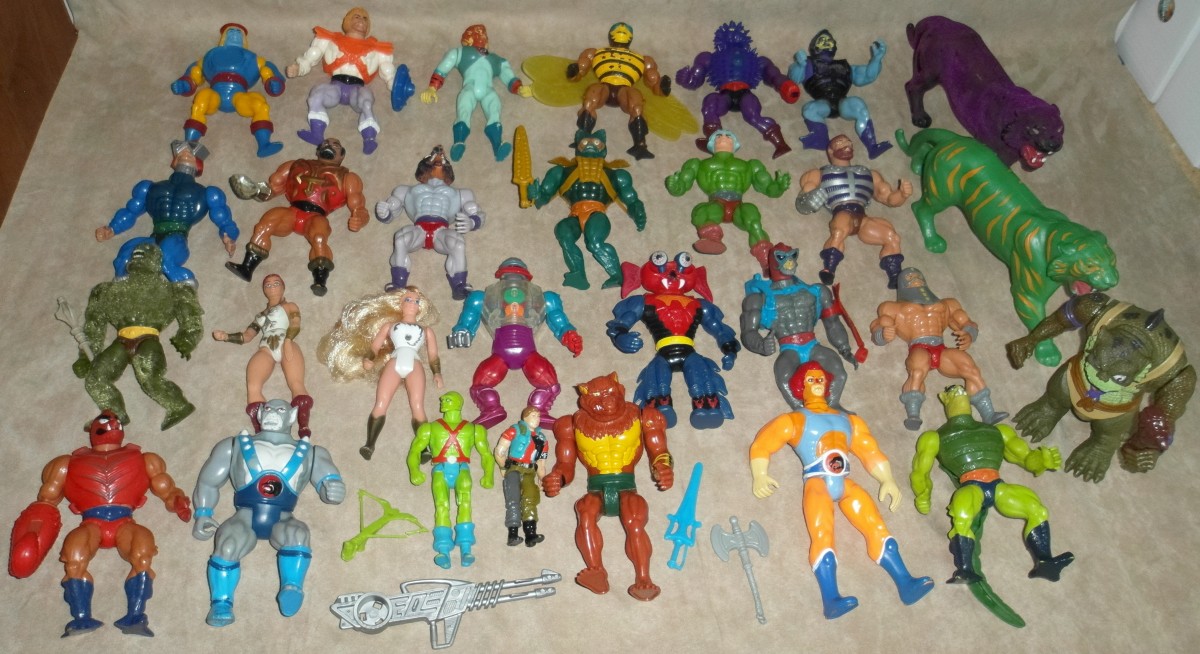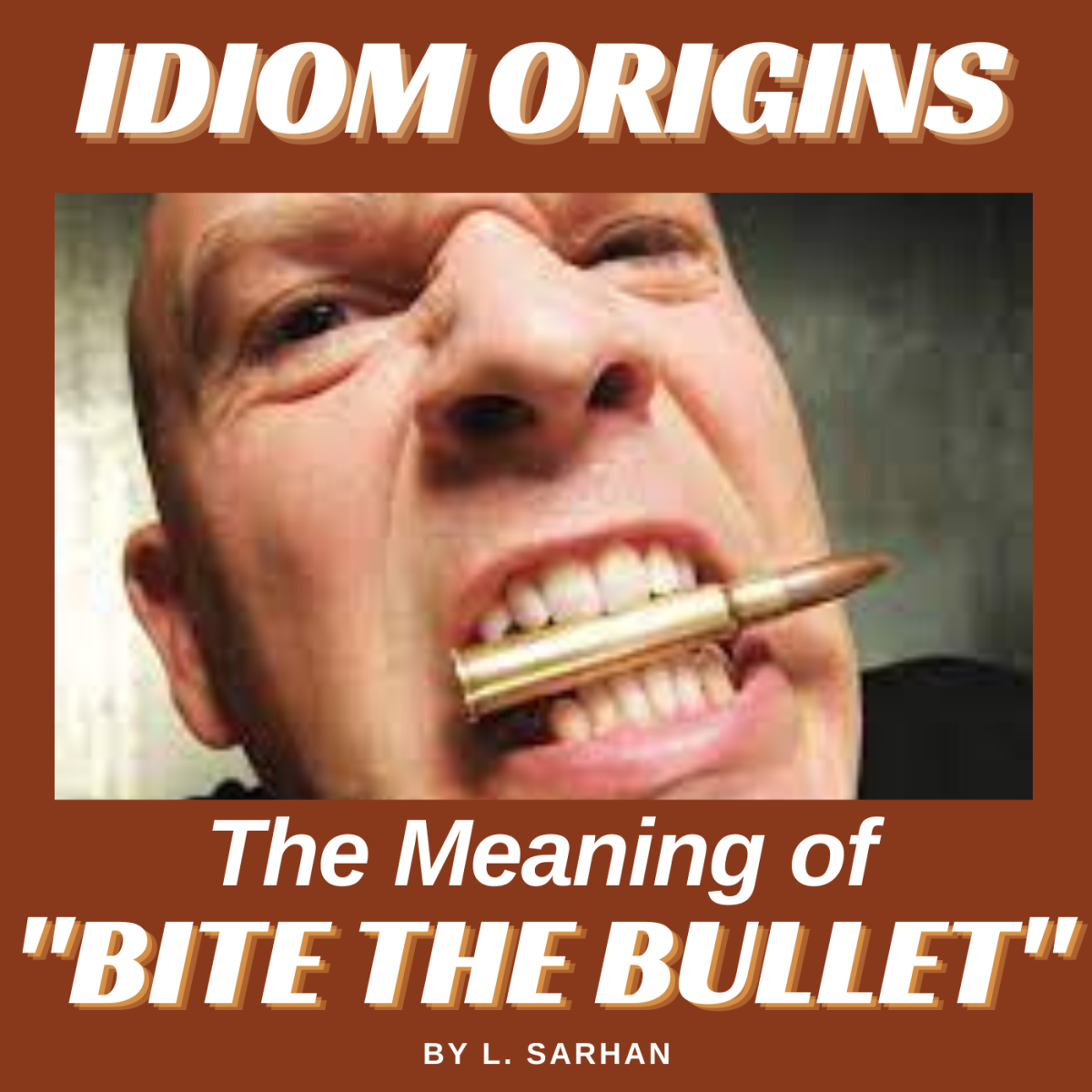Know Your Figures of Speech

Figurative language is another problem area for beginning learners of English. The English language is replete with figures of speech, both written and spoken. A figure of speech is a phrase or an expression that expresses an idea by using words in a non-literal and imaginative way in order to persuade or explain an idea. In contrast, literal statements use words exactly according to their conventionally accepted meanings.
Some non-native beginning learners of English confuse the figurative from the literal. For example, I once told a story to my student about my friend who asked for his girlfriend's hand in marriage. My student then asked why my friend was only asking for the hand and not the whole girlfriend. I explained that the hand is a mere representation of the girlfriend as a whole.
Although there are over a hundred types of figures of speech, let me focus on the most commonly used to get you started.
Simile is a figure of speech involving the comparison of one thing with another thing of a different kind. It is used to make a description more emphatic or vivid. It is indicated by some connective, usually like, as, than, or a verb such as resembles to show how they are similar.
- "Her love was like a wave-division multiplexor." -- Scott Adams, Dilbert
- "I wandered lonely as a cloud." -- William Wordsworth
Metaphor is a figure of speech in which two "essentially unlike things" are shown to have a type of resemblance or create a new image. The comparison is direct and does not use connectives.
- His feet are rotting cheese.
- "Harvey Weinstein is an old dinosaur learning new ways." -- Lisa Bloom
Onomatopoeia is a word designed to be an imitation of a sound.
- "Go ahead, make my day!" Harry Callahan said, as his magnum revolver went "bang!"
- *"Woof! Woof!" went the dog as the mailman arrived.
*People in some countries imitate a dog's bark differently. "Woof! Woof!" in the United States, "Mung! Mung!" in South Korea, and "Aw! Aw!" in the Philippines.
Personification is the attribution of a personal nature or character to inanimate objects or abstract notions, especially as a rhetorical figure.
- The firefighters move to action as the flames lick the entire mansion.
- Heaven smiled down upon the Saudi women as they happily applied for their driver's license.
Oxymoron is a figure of speech in which apparently contradictory terms appear in conjunction.
- His ex-girlfriends describe him as a childish adult.
- Pacifists are said to be peaceful warriors.
Paradox is a statement or proposition which is self-contradictory, unreasonable, or illogical.
- We have more convenient ways to communicate, but we interact less.
- He is a rich man with a poor character.
Hyperbole is a figure of speech which uses an extravagant or exaggerated statement to express strong feelings.
- My little daughter is so hungry for milk that she could suck a whole cow dry.
- Your big mouth makes your face disappear whenever you yawn.
Allusion is a figure of speech that makes a reference to a place, person, or event. This can be real or imaginary and may refer to anything including fiction, folklore, historical events, or religious manuscripts.
- Mathematics has always been my *Achilles heel, so I majored in English.
*Achilles is a mythological character known for his invulnerability but weak heels. An Achilles heel refers to your weakness.
- I wouldn't date that *ice queen even if my life depended on it.
*The Ice Queen is a cruel female character in a fairy tale.
Idiom is an expression that has a figurative meaning unrelated to the literal meaning of the phrase.
- That old miser will only give money to charity *when pigs fly.
*When pigs fly means something that will never happen, so the old miser will never ever donate to charity.
- Chris Brown exhibited *crocodile tears during a tribute performance for Michael Jackson, as he was caught using eye drops to simulate tears.
*Crocodile tears means faking your emotions.
Pun is an expression exploiting the different possible meanings of a word or the fact that there are words that sound alike but have different meanings.
- You better give up because *you cannot beat me—I am not an egg!
*You cannot beat me can mean that I am very good at the game, or simply because I am not an egg that you beat.
- Flipping burgers is a job with *lots of turnovers.
*Lots of turnovers can mean flipping burger patties itself or the rate at which employees leave this particular job.
Synecdoche is a figure of speech in which a part is made to represent the whole or vice versa.
- My friend asked for her girlfriend's hand in marriage (he asked her to marry him).
- I need a different pair of eyes to edit my manuscript (a different pair of eyes refers to an editor).








